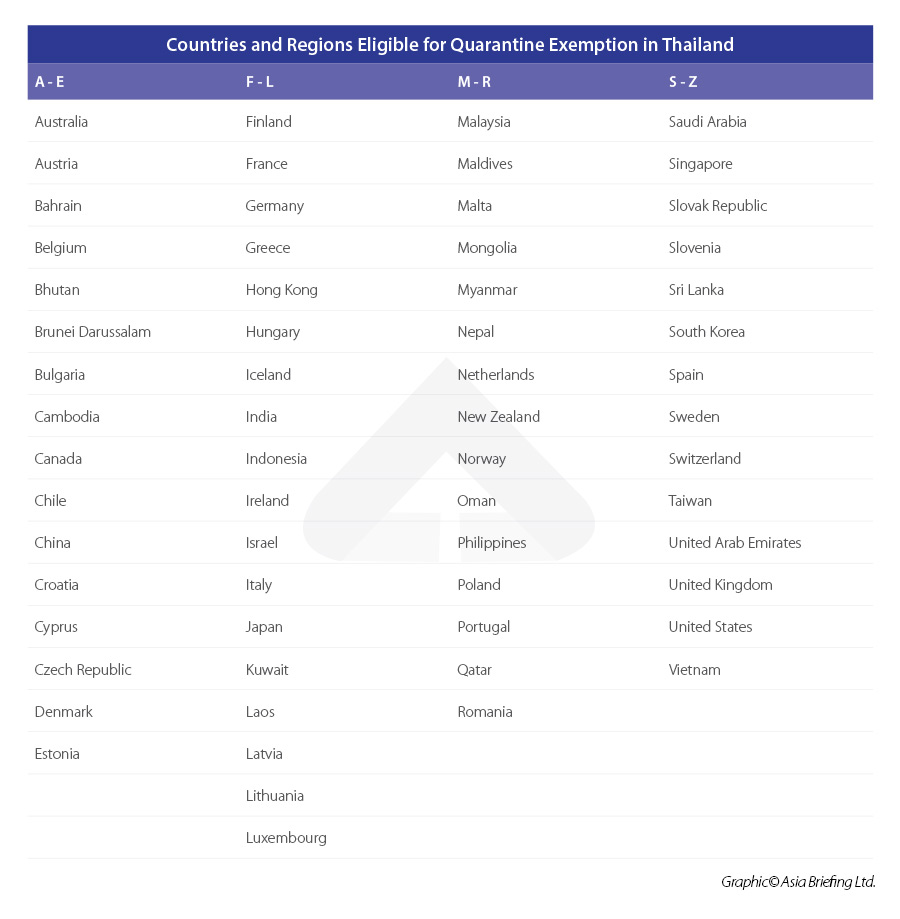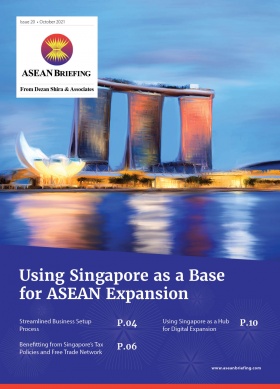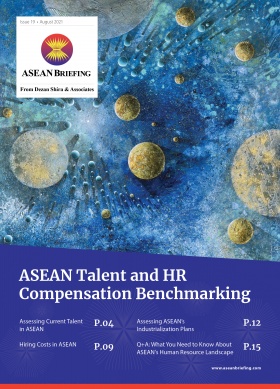Quarantine Exemption for Vaccinated Travelers in Thailand: What You Need to Know
Fully vaccinated travelers from 63 “low-risk” countries and regions can now enter Thailand without any quarantine requirements.
The announcement was made by Thailand’s Ministry of Foreign Affairs on October 21, 2021, and became effective as of November 1, 2021.
The policy change comes amid accelerating efforts to revitalize Thailand’s economy, in particular its tourism industry, which contributed about 20 percent of the country’s GDP before the COVID-19 pandemic.
While vaccinated travelers no longer need to quarantine, they face a number of public health requirements to enter Thailand. Here, we look at what travelers to Thailand must do to enter the country, and who is eligible to travel.
What are the requirements?
As of November 1, 2021, vaccinated travelers can enter Thailand by air without needing to quarantine. To do so, fully vaccinated travelers must present Thai authorities with proof of vaccination, a negative COVID-19 test, a reservation at an approved hotel, and an insurance policy.
Travelers must upload this information prior to arrival through a government portal; if successful, they will receive a “Thailand Pass QR Code” allowing them to enter the country.
The quarantine exemption is only available for travelers who enter Thailand by air. It does not apply to those who enter the country by other means.
Details of requirements for travelers are as follows.
Vaccination
Travelers must present a Certificate of Vaccination showing that they are fully vaccinated by an approved vaccine. Travelers must have received the last dose at least 14 days before entering Thailand.
Those who were infected by COVID-19 within the last three months must have received at least one dose at least 14 days prior to entry. Children under the age of 12 do not have to be vaccinated.
COVID-19 test
Travelers must receive COVID-19 tests before and after entry showing a negative result. To enter, travelers must present a negative RT-PCR test taken no more than 72 hours before arrival.
After arrival, travelers must take another RT-PCR test at their reserved accommodation or a testing center. Travelers must wait at their reserved hotel until a negative test result is confirmed.
After testing negative, travelers will be given an Antigen Test Kit. This is for administering a self-test on Day 6 or 7 of their stay in Thailand. Travelers must report the result of this test through the “MorChana” mobile application.
Hotel
Upon entry, travelers need to present confirmed payment for a one-night stay at a hotel with an SHA Extra Plus (SHA++) designation. Hotels with such a designation are able to administer COVID-19 RT-PCR tests. The list of SHA++ designated hotels can be found here.
Travelers must have pre-arranged a transfer to the hotel from the airport, and it must be within two hours of travel time.
Insurance
Travelers must prove that they have insurance covering at least US$50,000 in costs for a potential COVID-19 infection.
Who is eligible?
Fully vaccinated travelers from 63 countries and regions deemed by Thailand’s authorities to be “low-risk” are eligible to enter without quarantining.
Before entering Thailand, travelers must have been residing in one of the eligible countries and regions for at least 21 consecutive days. Thai nationals and foreign residents are exempt from this requirement.
The list of eligible countries and regions is as follows, as of October 30, 2021:
The number of countries covered by the new policy is larger than initially expected. Before Thai authorities announced the policy change, Prime Minister Prayut Chan-o cha said that travelers from at least 10 countries and regions would be able to enter as of November.
Reopening Thailand’s tourism industry
The relaxation of quarantine requirements for vaccinated travelers is the latest move by Thai authorities to reopen the country’s tourism industry, which is a major component of the national economy.
Border restrictions to stop the spread of COVID-19 and the steep decline in tourism amid the pandemic have severely impacted Thailand’s tourism industry. In 2019, Thailand attracted almost 40 million travelers, making it one of the world’s most popular travel destinations. According to the Thai Hotels Association, however, about half of Thailand’s hotels have been closed during the pandemic.
Earlier in the year, Thai authorities experimented with reopening the tourism industry through the “Sandbox Reopening” policy, which relaxed travel restrictions in select tourist destinations. More recently, Bangkok ended its nighttime curfew and allowed some restaurants to serve alcohol again, though bars and other nightlife venues remain closed for public health reasons.
While the relaxation of quarantine requirements augurs well for Thailand’s tourism industry, Thai authorities may reverse the policy if another wave of COVID-19 breaks out. Currently, about 40 percent of Thailand’s population is fully vaccinated, meaning that there is not yet sufficient protection in the population to significantly relax public health measures.
International travelers to Thailand, as well as businesses in the tourism industry, should therefore keep appraised for updates to health and safety measures in response to the evolving pandemic situation.
About Us
ASEAN Briefing is produced by Dezan Shira & Associates. The firm assists foreign investors throughout Asia and maintains offices throughout ASEAN, including in Singapore, Hanoi, Ho Chi Minh City, and Da Nang in Vietnam, Munich, and Esen in Germany, Boston, and Salt Lake City in the United States, Milan, Conegliano, and Udine in Italy, in addition to Jakarta, and Batam in Indonesia. We also have partner firms in Malaysia, Bangladesh, the Philippines, and Thailand as well as our practices in China and India. Please contact us at asia@dezshira.com or visit our website at www.dezshira.com.








